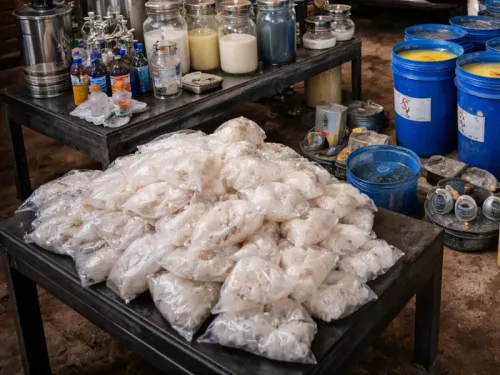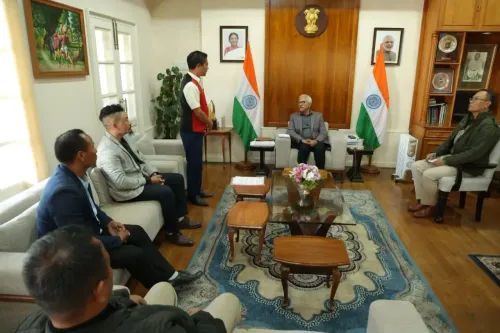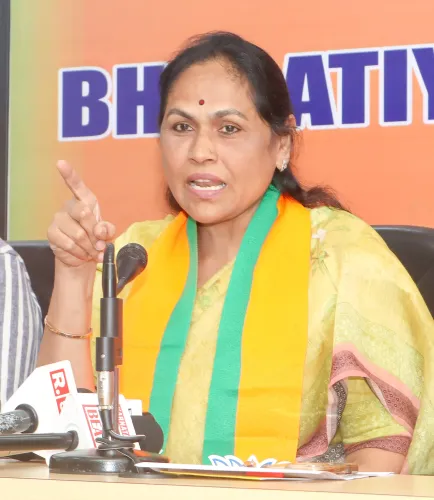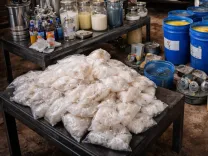Who are the four accused in the Rs 734 crore GST fraud involving 135 shell companies?
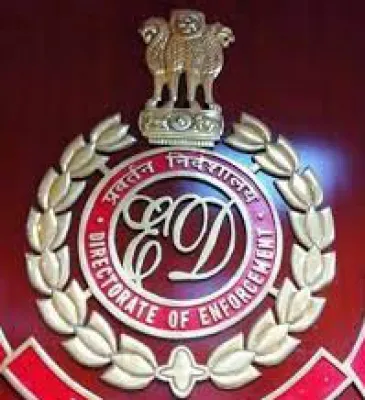
Synopsis
Key Takeaways
- The Enforcement Directorate has filed a prosecution complaint against four individuals for a Rs 734 crore GST fraud.
- 135 shell companies were involved in generating fake GST Input Tax Credit.
- Significant assets have been identified and seized in relation to the fraud.
- The case underscores the need for vigilance in GST compliance.
- The accused are currently in judicial custody pending legal proceedings.
Ranchi, July 7 (NationPress) - The Enforcement Directorate (ED) has identified four individuals in its prosecution complaint (PC) submitted to a Special Court in Jharkhand, relating to a staggering Rs 734 crore GST Input Tax Credit (ITC) fraud that involves 135 shell companies, as confirmed by an official on Monday.
The prosecution complaint was lodged by the ED's Ranchi Zonal Office under the Prevention of Money Laundering Act (PMLA), 2002 on Saturday in front of the Special Court (PMLA) in Ranchi. The four key figures implicated in this extensive GST ITC fraud scheme are Shiva Kumar Deora, Mohit Deora, Amit Kumar Gupta, and Amit Agarwal alias Vicky Bhalotia.
As of now, the investigation has led to the identification and attachment of crime proceeds, which include immovable assets worth Rs 5.29 crore, cash seizures amounting to Rs 8.98 lakh, and the freezing of bank accounts totaling Rs 62.90 lakh.
The ED initiated its inquiry based on several complaints from the Directorate General of GST Intelligence (DGGI), Jamshedpur, which had uncovered a complex fraud scheme involving the creation and dissemination of fraudulent ITC.
The findings from the ED's investigation indicated that the syndicate, led by Shiva Kumar Deora and his collaborators, established a network of 135 shell companies that existed solely on paper.
According to the ED's complaint, these 135 shell companies were utilized to generate false invoices valued at over Rs 5,000 crore without any legitimate supply of goods or services.
Through this scheme, the syndicate illicitly generated and transferred fake ITC amounting to more than Rs 734 crore. This fraudulently obtained credit was subsequently sold at a commission to various beneficiary firms, which utilized it to evade their own GST obligations.
Previously, the ED carried out extensive search operations across several locations in Jharkhand and West Bengal. Additionally, the four accused were arrested under the PMLA on May 8 and are currently in judicial custody, as stated in an official announcement.


